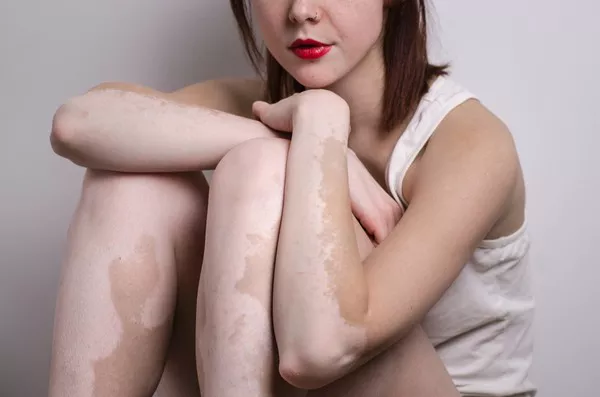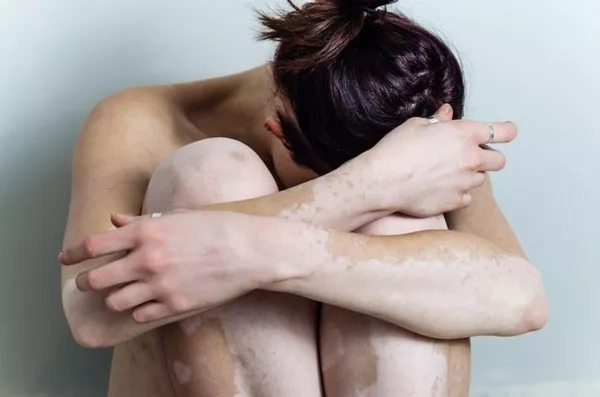Skin allergies can be uncomfortable and frustrating. They may cause rashes, itching, redness, or swelling. Homeopathy offers several remedies that can help alleviate these symptoms. This article will explore the best homeopathic medicines for skin allergies, their uses, and how they work.
Understanding Skin Allergies
Before diving into homeopathic treatments, it’s essential to understand what skin allergies are. Skin allergies occur when the immune system reacts to a substance, known as an allergen. Common allergens include:
- Pollens
- Dust mites
- Pet dander
- Certain foods
- Cosmetics or chemicals
Symptoms of skin allergies can vary widely. They can include:
- Redness and swelling
- Itching and burning
- Rashes or hives
- Dry or flaky skin
These symptoms can impact your quality of life. Homeopathy can help manage and reduce these symptoms effectively.
What is Homeopathy?
Homeopathy is a holistic approach to medicine. It treats the whole person, not just the symptoms. Homeopathic remedies are made from natural substances and are believed to stimulate the body’s healing response. They are used in small doses and can be safe for people of all ages.
Key Homeopathic Remedies for Skin Allergies
1. Apis Mellifica
Uses: Apis Mellifica is derived from the honeybee. It is effective for allergic reactions characterized by swelling and itching. This remedy is particularly helpful for hives and bee stings.
Symptoms Indicated:
- Swelling and redness
- Burning or stinging pain
- Symptoms worsen with heat
Dosage: A typical dosage is 30C potency, taken three times a day until symptoms improve.
2. Urtica Urens
Uses: Urtica Urens, also known as stinging nettle, is used for skin allergies that cause itching and burning sensations. It is especially beneficial for urticaria or hives.
Symptoms Indicated:
- Intense itching and burning
- Red, raised welts on the skin
- Symptoms may worsen in warm conditions
Dosage: A common dosage is 30C potency, taken every four hours as needed.
3. Rhus Toxicodendron
Uses: Rhus Toxicodendron is derived from poison ivy. This remedy is effective for skin allergies that present as red, itchy rashes.
Symptoms Indicated:
- Itching that improves with warmth
- Red, swollen, and blistered skin
- Symptoms worse at night or during damp weather
Dosage: Typically, 30C potency, taken three times a day until symptoms resolve.
4. Sulphur
Uses: Sulphur is a versatile remedy for various skin conditions, including allergies. It helps reduce itching and inflammation.
Symptoms Indicated:
- Dry, itchy skin with red patches
- Symptoms worsen with warmth and bathing
- Scratching provides temporary relief
Dosage: Use 30C potency, taken once daily for persistent conditions.
5. Calendula Officinalis
Uses: Calendula is known for its healing properties. It is useful for skin allergies that cause open sores or wounds.
Symptoms Indicated:
- Cuts, scrapes, or wounds that are slow to heal
- Red, inflamed skin
- Itching or burning sensations
Dosage: Apply a topical ointment or cream with Calendula, and take 30C potency orally twice daily.
6. Belladonna
Uses: Belladonna is effective for sudden allergic reactions that lead to redness and heat.
Symptoms Indicated:
- Bright red skin
- Fever or chills
- Throbbing pain
Dosage: Use 30C potency, taken every three hours during acute symptoms.
7. Hepar Sulphuris Calcareum
Uses: This remedy is beneficial for skin allergies that are sensitive to touch and can lead to abscesses.
Symptoms Indicated:
- Painful, swollen skin
- Symptoms worsen in cold conditions
- Sensitive to touch
Dosage: Typically 30C potency, taken three times a day until improvement is noted.
How to Choose the Right Remedy
Selecting the right homeopathic remedy can depend on various factors, including:
Specific symptoms: Identify your primary symptoms to guide your choice.
Timing of symptoms: Consider when symptoms worsen (e.g., at night, during certain weather).
Individual reactions: Every person is different; what works for one may not work for another.
Consulting a qualified homeopath can help you determine the best remedy for your specific condition.
General Guidelines for Homeopathic Treatment
1. Potency Selection
Homeopathic remedies come in different potencies, such as 6C, 30C, or 200C. For mild cases, a lower potency may suffice, while severe cases might require higher potencies. Always start with a lower potency if you are unsure.
2. Frequency of Dosing
The frequency of taking the remedy can vary based on the severity of symptoms. For acute conditions, you may take the remedy every hour, while chronic conditions may require less frequent dosing.
3. Lifestyle and Dietary Changes
In addition to remedies, consider making lifestyle changes. Avoid known allergens and incorporate a balanced diet rich in vitamins and minerals. Staying hydrated and managing stress can also help reduce the frequency of allergic reactions.
4. Consult a Professional
If symptoms persist or worsen, consult a healthcare professional or a qualified homeopath. They can provide personalized advice and adjustments to your treatment plan.
Safety and Considerations
Homeopathic remedies are generally safe, but it’s essential to use them correctly. Always read the label and follow the dosing instructions. If you are pregnant, nursing, or taking other medications, consult your healthcare provider before starting any new treatment.
Conclusion
Homeopathy offers several effective remedies for managing skin allergies. From Apis Mellifica to Sulphur, these natural treatments can help alleviate symptoms and improve your quality of life. Always consider individual symptoms and consult with a professional for the best results. By understanding your condition and utilizing homeopathic medicine, you can take control of your skin health and find relief from allergies.
Remember, healing is a process, and what works best may vary from person to person. Embrace a holistic approach, combining homeopathic remedies with lifestyle changes, for optimal results in managing skin allergies.
Related topics:


























